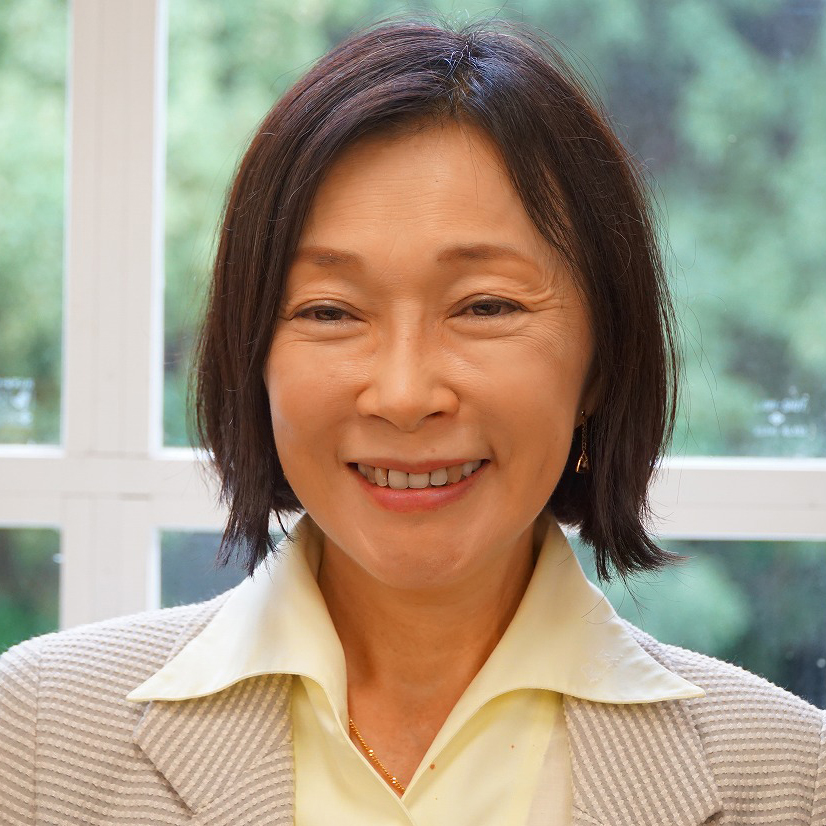In Tamagawa International Conference, students play a central role in conducting workshops and discussions to improve skills to be active in the international society. The conference was held on the theme of “Act today, change tomorrow” for three days this year. Participation of other school students—one of its goals this year—was realized by the response of the students at Hosei University Girls’ High School, which is one of the Super Global High Schools (SGH).

ed to cooperate with others in nature, and a Model United Nations in which students discussed an agenda as each country’s ambassador.
Today, the second day, each of two guest speakers gave a speech in the morning or in the afternoon, and barazas, which were a discussion on the speech, were carried.
The first guest speaker was Ms. Eriko Suzuki, who was director of Millennium Promise Japan (MPJ), a Japan-based NPO. She talked about its activities.

Ms. Suzuki explained “Millennium Development Goals,” which was based on the United Nations Millennium Declaration and aims for the elimination of poverty and starvation, and she introduced MPJ’s activities to achieve the goals. Then, she energetically talked about their achievements, worldwide problems, poverty, the education divide, gender discrimination and conflicts.

Ms. Suzuki showed videos of their local activities and talked with humor about her experiences, events in the equatorial region and a conversation with a taxi driver in Malawi. The students were drawn to those local episodes at once.

“What was the most memorable country?” “When you visited a country again, what difference did you notice as compared with the last visit?” After listening to her speech, the students threw questions at her one after another. Ms. Suzuki friendly answered them, explaining the concrete situations.

After the lecture, the baraza was held. The students were divided into six groups, and each group discussed “what they had felt and learned” from the speech, and “what they could do.” Then, they summarized their ideas on a poster paper.

“We, people in developed countries, have to think more how we can help people in developing countries.” “I think that insufficient education is the main cause of discrimination and poverty, so it is important to improve school enrollment.” “Not blindly accepting media information, I’d like to tell others what I actually experience.”

The poster papers were being filled with various opinions and ideas speedily. There were differences on the point of view and the way of summarizing them between the groups, and each poster adequately described them.

As walking around each group and asking, “Do you have new questions? Or, as a result of your discussion, do you have follow-up questions?”, Ms. Suzuki heartily supported their discussions.

At the end, each group clearly delivered their opinions and ideas that the group members worked up together.

The students didn’t only “feel and learn” from the speech, but also specifically thought of “what they could do.” As expected in this conference holding the theme “Act today, change tomorrow,” they obtained an important experience that would lead them to take first action to change tomorrow.




